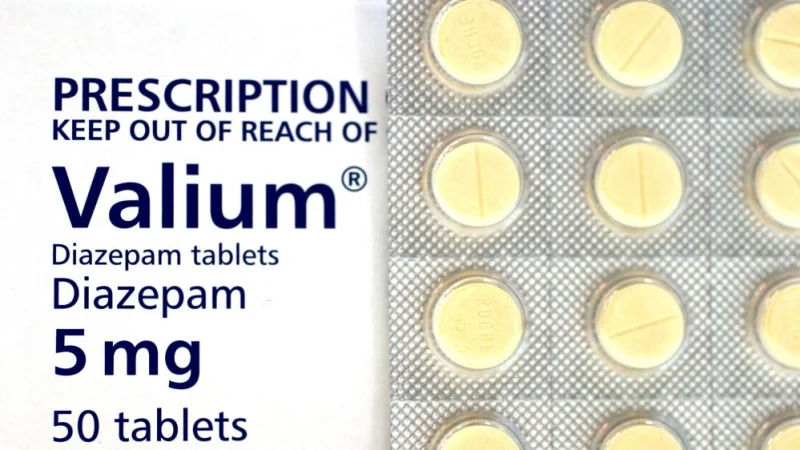
You have the right to help plan your care. You have questions or concerns about your condition or care.When should I contact my healthcare provider? You have trouble walking or moving parts of your body.Your speech is slurred, or you are confused.You are extremely drowsy, or you have trouble staying awake or speaking.

When should I or someone else seek immediate care? Have someone else call 911 for the following: Ask your healthcare provider how to dispose of any unused benzodiazepine medicines. Store benzodiazepines in a locked cabinet or in a location that children cannot get to. Keep benzodiazepines out of the reach of children.The combination of these substances can cause a life-threatening overdose. Do not mix benzodiazepines with alcohol, prescription pain pills, or street drugs.Do not take benzodiazepines more often than recommended. Do not take more of the recommended amount of benzodiazepines each time you take it. Take your medicine exactly as directed.What can I do to prevent a benzodiazepine overdose? The following list of medications are in some way related to or used in the treatment of this condition. Flumazenil helps to reverse some of the effects of benzodiazepines. You may also need a medicine called flumazenil. Oxygen therapy will be used to help you breathe easier. How is a benzodiazepine overdose treated? An ABG test also measures the pH of your blood and the amount of bicarbonate in it. An arterial blood gas (ABG) test measures the amount of oxygen and carbon dioxide in your blood.Pulse oximetry is done using a small instrument placed on your finger. Pulse oximetry measures the percentage of oxygen in your blood.Blood and urine tests may be done to check the level of benzodiazepines or other substances in your body.The provider will also ask about the amount of benzodiazepines you took and your symptoms. Your healthcare provider will ask about the medicines you take. How is a benzodiazepine overdose diagnosed?



 0 kommentar(er)
0 kommentar(er)
